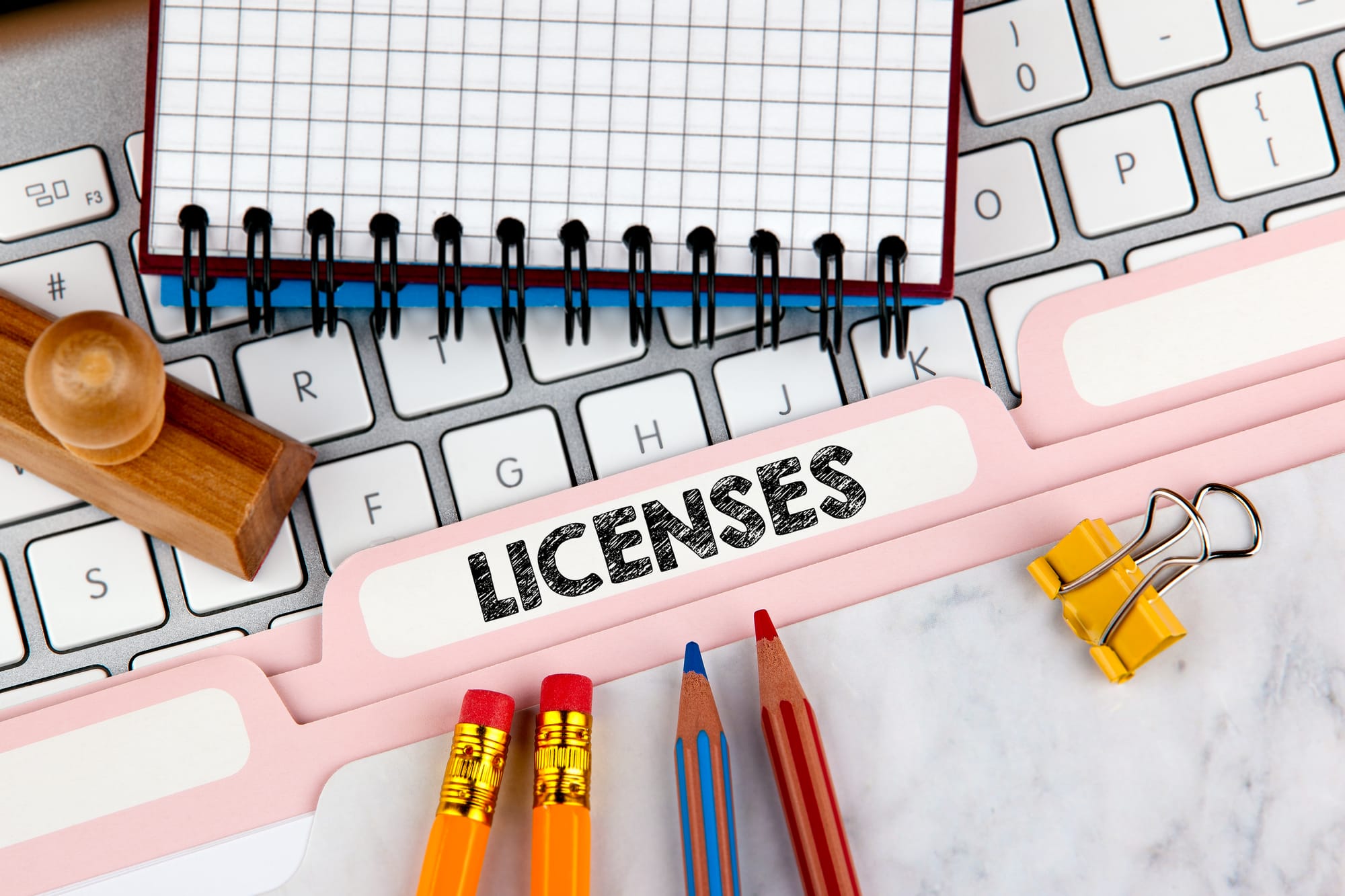Register the Business and Obtain Necessary Licenses: A Step-by-Step Guide for Solo Entrepreneurs

Starting and operating a small, single-person business can be both exciting and rewarding. However, before you dive into your new venture, it's crucial that you first take care of the legalities: registering your business and obtaining the necessary licenses. This foundational step ensures your business operates legally and sets a solid groundwork for future growth. Here’s why this is important and how to go about it.
Why Registration and Licensing MatterLegal Recognition: Registering your business gives it a formal identity. It legally recognizes your venture, making it easier to open bank accounts, secure funding, and build trust with customers and suppliers.
Compliance with Regulations:
Different industries have specific regulations. Obtaining the necessary licenses ensures you comply with local, state, and federal laws, helping to avoid fines, penalties, and disruptions.
Tax Purposes: Proper registration allows you to pay taxes appropriately. It helps in keeping your books in order and can also provide you with certain tax benefits and deductions.
Brand Protection: Registering your business name protects it from being used by others. This is particularly important if you plan to operate under a unique business name or trademark.
Professionalism and Credibility: A registered, licensed business often appears more credible and trustworthy to potential clients and partners, giving you an edge over unregistered competitors.
Steps to Register Your Business1. Choose Your Business Structure The first step is to decide your business structure. Common options for a solo entrepreneur include:
- Sole Proprietorship: The simplest form, where you and your business are legally the same entity.
- Limited Liability Company (LLC): Provides liability protection and is relatively simple to set up.
- S Corporation: Offers certain tax advantages and liability protection, though it has more regulations.
2. Pick a Business Name Your business name is crucial as it represents your brand. Make sure it’s unique and reflects your services or products. Check for name availability through your local Secretary of State's office and ensure the name isn’t trademarked by another entity. 3. Register with the State Depending on your chosen business structure:
- For an LLC or Corporation: File the necessary documents, such as Articles of Organization (for LLCs) or Articles of Incorporation (for Corporations) with your state’s business filing office.
- For a Sole Proprietorship: You might not need to file formal documents, but check if your state requires a Doing Business As (DBA) name registration if you’re operating under a different name than your own.
Obtaining Necessary Licenses and Permits1. Determine the Licenses You Need The licenses you need will vary based on your location and industry. Common licenses and permits include:
- General Business License: Required by most cities or counties, allowing you to operate in the area.
- Professional Licenses: Needed if you’re in certain professions like real estate, healthcare, or financial services.
- Sales Tax Permit: Necessary if you’re selling taxable goods or services.
- Health Permits: Required for businesses in the food and beverage industry.
2. Apply for Federal Licenses Certain types of businesses need federal licenses. For instance, if you’re involved in agriculture, alcohol, tobacco, or broadcasting, check with the relevant federal agency. 3. State and Local Licensing
- State Licenses: Check with your state’s business office or website to determine specific state requirements.
- Local Licenses: Contact your city or county government office to ensure you comply with local regulations. This might include zoning laws or health inspections.
Tips for a Smooth Registration Process Research Thoroughly: Start by researching what’s required for your specific business type and location. Use resources like the Small Business Administration (SBA) or local chambers of commerce.
Seek Professional Help: Consider consulting with a business lawyer or accountant to help navigate the registration and licensing process, ensuring you meet all legal requirements.
Stay Organized: Keep all your documents, licenses, and permits in an organized system. This will help you keep track of renewal dates and remain compliant with regulations.
Use Online Resources: Many states offer online portals for business registration and licensing applications. Take advantage of these to streamline the process. By following these steps, you'll be well on your way to legally establishing your small, single-person business. Not only does this help you avoid legal troubles, but it also positions your business for success from the very beginning. Remember, solid groundwork today paves the way for a prosperous tomorrow.